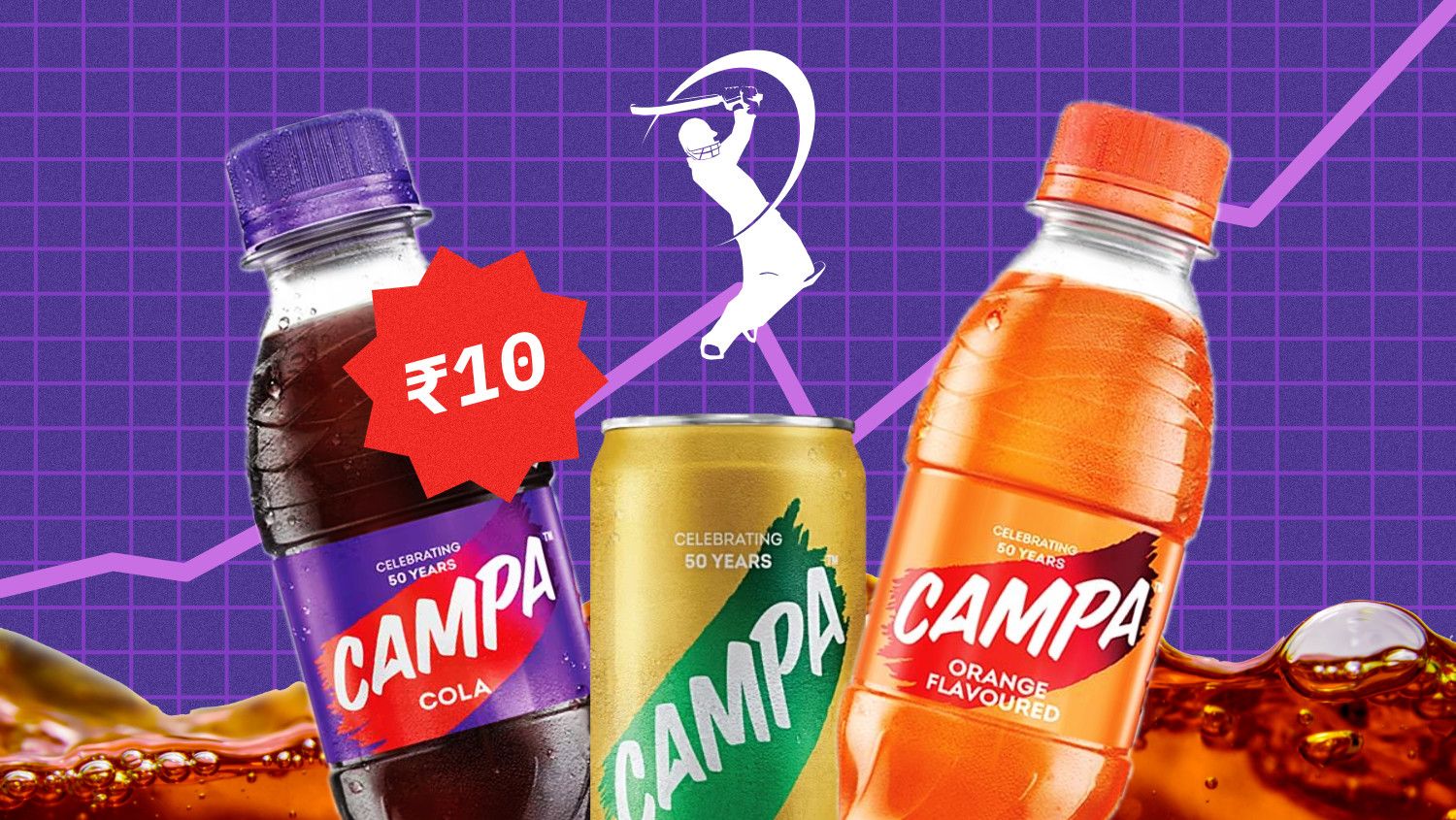La Crosse Kwik Trip campus makes almost all of the food, beverages for stores | Business News
[ad_1]
Knowing the origin of the fruits and vegetables being packaged at Kwik Trip gives kitchens operations manager Bob Karr a sense of security.
“It used to be pre-packaged everything,” said Karr. “Now, it’s a fully integrated process.”
The produce operation switched to in-house a year ago and is the latest chapter in Kwik Trip’s embrace of vertical integration as a defining business model. Customers can purchase a Snickers bar or bottle of Pepsi at Kwik Trip, but most of what’s on sale at a typical Kwik Trip store is processed by the company itself.
Kwik Trip production director Brad Clarkin said vertical integration is “foundational” to how Kwik Trip does business.
“We produce it, we ship it, we sell it,” Clarkin said.
The entire process takes place at Kwik Trip’s 130-acre manufacturing campus in La Crosse. In addition to the kitchens operations, where prepared meals (cheeseburgers, pizzas, salads, take-home meals, etc.) are made, Kwik Trip runs its own sweets bakery, bread and buns bakery and dairy plant.
People are also reading…
The operations produce a substantial quantity of food and beverages. On a recent Thursday, for example, the kitchens operation put out 25,000 sandwiches, 14,000 salads, 50,000 burritos, 7,000 parfaits, 30,000 take-home meals and 26,000 produce cups.
Karr said the inventory is shipped as soon as it’s produced. He said if something is produced on a Thursday in La Crosse, it will be on a retail store shelf no later than Saturday morning.
“It’s less than two days from the time we make it to when it goes to retail,” Karr said. “We want to get everything from a raw state to retail as soon as possible.”
The dairy is also a busy place. Director of dairy operations Jeremy Nickelatti said Kwik Trip’s facility is “more than double the size of an average Class I dairy” with 15 milk trucks arriving every day. All the milk comes from four dairy cooperatives in Wisconsin and Minnesota located within 250 miles of La Crosse.
He said milk is never held in a silo for more than 72 hours, and is often processed faster than that.
“It can go from a cow to a table within 24 hours,” Nickelatti said.
Vertical integration goes beyond milk and other dairy products. The dairy already manufactures its own gallon and half-gallon containers and will make the smaller containers in-house by the end of August, when a 45,000-square-foot expansion is complete.
At the sweets bakery, director of bakery operations Jamie Gay oversees production of a wide variety of baked goods, ranging from cookies to muffins to donuts. Glazers are shipped out fresh daily and appear on store shelves the same day they’re made.
Production lines allow 400 Glazers, 240 cookies and 130 muffins to be produced every minute, and more than 43 million Glazers were produced in 2021.
Gay said a motivated group of employees is critical to keeping the product line moving.
“We have daily improvement meetings to talk about what we did yesterday and what we’re doing today,” she said. “We’re always into continuous improvement and what we need to do to improve safety and make things more efficient. We have a lot of good workers here. They care about their jobs.”
Clarkin said vertical integration gives Kwik Trip a competitive advantage over other convenience stores.
“At the core, it’s all about the quality,” Clarkin said. “We can get our arms around quality. We own it.”
He said vertical integration also has distribution advantages and has allowed Kwik Trip to mitigate many of the recent supply chain bottlenecks.
“We can be quicker. We can react quicker based on guests’ demands and guests’ needs,” he said.
Distribution is critical to Kwik Trip’s policy of selling fresh products, Clarkin said. Kwik Trip limits itself to stores where trucks can deliver its products within a day.
Clarkin said Kwik Trip has yet to reach the maximum extent of its geographic footprint. It already operates over 800 stores in nearly 400 communities in Wisconsin, Minnesota, Iowa and Illinois and will add a fifth state when Kwik Trip opens two stores in Michigan’s upper peninsula later this year. The company also anticipates opening 25 new stores in Wisconsin, nine in Minnesota and nine in Iowa in 2022.
Clarkin said the eastern Dakotas could be added in 2023.
“In 2023, you will see us expand into the I-29 corridor of the Dakotas,” he said. “It will be a good new market.”
Take-home meals
As Kwik Trip expands geographically, it’s also expanding its fresh food offerings. The company recently took a major plunge into the take-home meal market.
Meals are individually packaged with cooking instructions on the label and include offerings such as chicken penne, macaroni and cheese, fettucine alfredo, turkey dinner with mashed potatoes and gravy, spaghetti and meatballs, and beef stroganoff.
“It’s a segment of our business we didn’t have two years ago,” Clarkin said. “It’s certainly something new — we’re working with raw proteins. It’s something that nobody in our industry has successfully executed, but there is a demand out there for this.
“Our history is that we try a lot of new ideas.”
Clarkin said the launch into take-home meals and fresh produce processing required a 120,000-square-foot addition that includes a fry line, a grill line and sous vide line. He said there is still room for future expansion at the present campus and that the company is committed to maintaining production in La Crosse.
“I would contend that as retail continues to grow, we are absolutely mindful on how we can support that growth out of La Crosse, Wisconsin,” he said.
Kwik Trip dates back to 1965, when the company was founded by Don Zietlow, who still serves as president and CEO. The company employs 33,000 people (4,200 at the La Crosse production facility) and remains privately held and family-owned.
Clarkin credits Kwik Trip’s growth to offering choices to consumers that aren’t found elsewhere in the convenience store industry.
“There’s definitely a different feel,” Clarkin said. “You maybe don’t appreciate it as much until you go outside the area, and then you come back and say, ‘Man, I missed this.’”
IN PHOTOS: Made in the Coulee Region, Kwik Trip
Made in the Coulee Region-Kwik Trip

Dough for Persian rolls moves down a conveyer belt at the Kwik Trip sweets bakery.
Made in the Coulee Region-Kwik Trip

Glazers are packaged at the Kwik Trip sweets bakery.
Made in the Coulee Region-Kwik Trip

Cinnamon and sugar is rolled into dough for Persian rolls at the Kwik Trip sweets bakery.
Made in the Coulee Region-Kwik Trip

Persian rolls are carried through the fryer at the Kwik Trip sweets bakery.
Made in the Coulee Region-Kwik Trip

Specialized machinery washes and drys strawberries in the Kwik Trip produce room.
Made in the Coulee Region-Kwik Trip

Buns are stacked for sandwiches at Kwik Trip kitchens.
Made in the Coulee Region-Kwik Trip

Tortillas are stacked for burritos at Kwik Trip Kitchens.
Made in the Coulee Region-Kwik Trip

The produce room at Kwik Trip kitchens.
Made in the Coulee Region-Kwik Trip

Freshly cut ham is gathers by a worker at Kwik Trip kitchens.
Made in the Coulee Region-Kwik Trip

Salads are made at Kwik Trip kitchens.
Made in the Coulee Region-Kwik Trip

Workers assemble carrot and dip cups in the Kwik Trip produce room.
Made in the Coulee Region-Kwik Trip

Aaron Lapp, a mixer and operator at the Kwik Trip sweets bakery, scrapes Crème Dream Dunker batter from a mixing blade.
Made in the Coulee Region-Kwik Trip

Cookies are carried by a conveyer belt at the Kwik Trip sweets bakery.
Made in the Coulee Region-Kwik Trip

Pint sized chocholate milk bottles are processed at Kwik Trip’s dairy plant.
Made in the Coulee Region-Kwik Trip

Milk and other products are stored in the massive warehouse at the Kwik Tip dairy.
Made in the Coulee Region-Kwik Trip

Two percent reduced fat milk half gallon bottles are processed at the Kwik Trip dairy plant.
Made in the Coulee Region-Kwik Trip

Kwik Trip produces many of their own milk and beverage bottles and jugs in their own blow mold room housed in the dairy plant.
Made in the Coulee Region-Kwik Trip

The Kwik Trip dairy plant has 10 miles of stainless steel pipes running through it.
Made in the Coulee Region-Kwik Trip

Orange cranberry muffins cool at the Kwik Trip sweets bakery.
Made in the Coulee Region-Kwik Trip

Orange cranberry muffins come out of the flow wrap machine at the Kwik Trip sweets bakery.
Made in the Coulee Region-Kwik Trip

A worker walks through the pasteurization room at the Kwik Trip dairy plant.
[ad_2]
Source link




